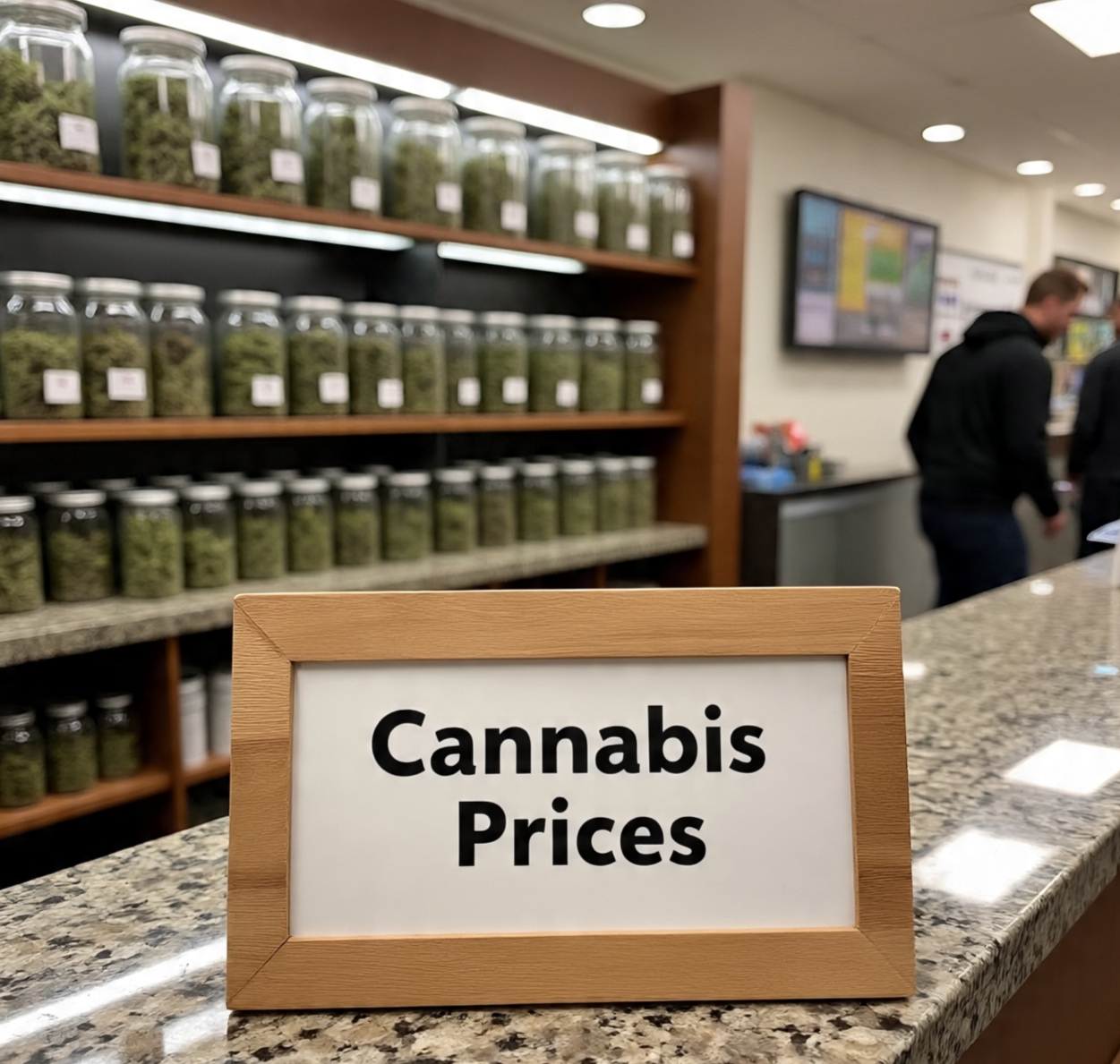The Importance of Safe Access to Cannabis in the UK
As the conversation around cannabis continues to evolve in the UK, one of the most critical topics in the cannabis landscape is the importance of safe access to cannabis. Whether for medical use or recreational purposes, ensuring that individuals can access cannabis products in a safe, regulated, and informed manner is paramount. In this blog post, we will explore why safe access to cannabis is essential in the UK and how it can benefit individuals, healthcare systems, and society at large.
1. Ensuring Consumer Safety
One of the main reasons why safe access to cannabis is vital is to protect users from harmful or substandard products. Without proper regulation, there’s a risk of users accessing cannabis that has been contaminated with harmful substances like pesticides, mold, or other chemicals. By ensuring that cannabis products sold in the UK are properly tested, labelled, and regulated, consumers can trust that what they’re consuming is safe and of high quality.
Licensed dispensaries and regulated cannabis products also provide users with clear information about the potency, THC and CBD content, and potential side effects. This helps individuals make informed decisions about how much they consume and how best to use cannabis for their particular needs.
2. Reducing the Risks of Black Market Cannabis
One of the major concerns with cannabis accessibility in the UK is the continued existence of the black market. Unregulated sources often sell cannabis that is unsafe and untested, putting consumers at risk. When people are forced to rely on the black market due to a lack of legal access, they are exposed to an increased risk of purchasing cannabis contaminated with dangerous substances or even synthetic cannabinoids, which can be highly toxic.
Safe, legal access to cannabis would provide consumers with a safer alternative, reducing the demand for illegal cannabis sales and the potential harm associated with the black market. It would also allow for proper taxation and regulation, which benefits public health and safety.
3. Supporting Patients with Medical Needs
For patients who rely on medicinal cannabis to manage chronic conditions, pain, epilepsy, anxiety, or other medical conditions, having access to safe cannabis is crucial. In the UK, medical cannabis was legalised in 2018, but access has remained limited due to strict regulations and the need for prescriptions. Ensuring safe access means patients can receive proper dosages that are tailored to their needs without the risk of accessing unregulated or unsafe products.
Many patients rely on medicinal cannabis as a last resort after other treatments have failed. Safe access helps these patients avoid the risks associated with illegal or untested cannabis and allows healthcare professionals to properly monitor and manage their treatment plans. By ensuring a regulated and accessible system, the UK can provide essential support to those who rely on cannabis for medical purposes.
4. Promoting Public Health Education
Safe access to cannabis also goes hand in hand with the education of consumers. When cannabis is legally accessible and regulated, the government and health authorities can better educate the public about safe consumption practices, potential risks, and the difference between medical and recreational cannabis. This reduces the stigma around cannabis use and encourages responsible consumption.
Public health campaigns that focus on harm reduction strategies—such as informing consumers about the effects of cannabis, safe dosages, and risks like impaired driving—can help lower the likelihood of misuse. A well-educated public is more likely to use cannabis responsibly and safely, improving public health outcomes.
5. Reducing Strain on the Legal System
Safe and regulated access to cannabis can also help alleviate the strain on the UK’s legal system. The criminalisation of cannabis use has led to the arrest of thousands of individuals, with many facing criminal charges for possession. These arrests, while often non-violent, take up valuable police and court resources. Legalising and regulating cannabis access would reduce this burden, allowing law enforcement to focus on more pressing criminal activities while preventing unnecessary criminal records for those who use cannabis responsibly.
In addition, legalisation would remove the stigma that many cannabis users currently face, helping to integrate responsible users into society without the fear of legal repercussions.
6. Promoting Economic Benefits
A regulated cannabis market has the potential to bring significant economic benefits to the UK. Legalisation would create a new industry, generating jobs, creating new businesses, and boosting the economy through taxes. With safe access to cannabis, businesses could thrive while complying with regulations that ensure product quality and safety.
The revenue generated through taxation could also be reinvested into public health initiatives, educational programs, and community safety measures, creating a positive feedback loop where both the economy and society benefit from regulated cannabis access.
7. Encouraging Responsible Cannabis Use
When access to cannabis is regulated, it fosters a culture of responsible consumption. Legal frameworks often include measures like age restrictions, packaging guidelines, and guidelines on dosage. These regulations are designed to prevent misuse and ensure that cannabis products are used in a way that minimizes harm to the individual and society.
A key component of responsible access is also promoting harm reduction strategies, including understanding the long-term effects of cannabis use and how to identify when use may become problematic. This can help reduce potential issues such as cannabis dependency, particularly if individuals are encouraged to approach cannabis use with caution and awareness.
8. Supporting Social Justice
Another crucial aspect of safe access to cannabis is the potential to address social justice issues. In the UK, individuals from disadvantaged backgrounds or minority communities are more likely to face criminal charges related to cannabis use. Legalising cannabis and providing safe, regulated access can help rectify these disparities by reducing arrests and providing equitable access to the benefits of cannabis.
Furthermore, by implementing policies that focus on fairness and inclusion, the cannabis industry could create new opportunities for underrepresented groups in the workforce, helping to provide a pathway to economic empowerment and social justice.
The Importance of Safe Access to Cannabis in the UK
.




